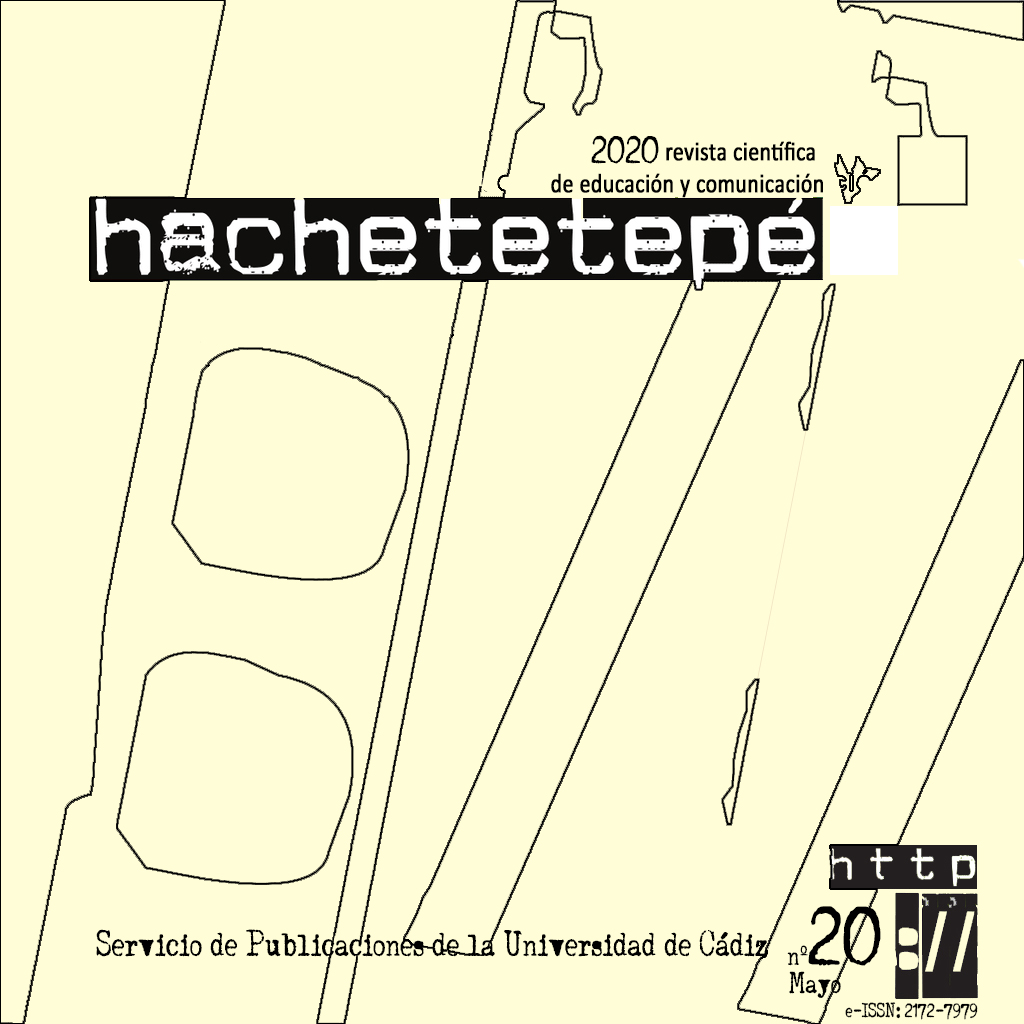Missives: literary dialogism and sociocultural interacción
Abstract
This article aims to reflect and analyze concepts and mechanisms that allow the organization of human thought through language and express internal movements, in order to establish dialogues between literary art - which advocates several fictional manifestations, without losing the essence of realism- and the letter as a link between the interlocutors, the gesture and the value of writing. For the theoretical basis, the main contributions are from Bakhtin (1997), Cosson (2006) and Foucault (1992). From the bibliographic review, it is possible to notice that the texts that go beyond the meaning of the words configure strategies for dialogue that bring the sender and the receiver closer together, enhancing the idea that writing brings social, cultural, political, economic, and cognitive consequences. Letters, when used for teaching purposes, produce different knowledge and feelings.
Keywords
Downloads
How to Cite
License

This work is licensed under a Creative Commons Attribution-NonCommercial-NoDerivatives 4.0 International License.
Those authors who have published with this journal, accept the following terms:
- They will retain their copyright and guarantee the journal the right to first publication of their work, which will simultaneously be subject to the Creative Commons Attribution License . They may be copied, used, disseminated, transmitted and publicly displayed, provided that the authorship, url, and magazine are cited, and are not used for commercial purposes. No derivative works are allowed.
- They may adopt other non-exclusive license agreements for the distribution of the published version of the work (e.g., deposit it in an institutional telematic archive or publish it in a monographic volume) provided that the initial publication in this journal is indicated.
- Disseminate your work through the Internet (e.g., in institutional telematic archives or on your website) once the manuscript is accepted, which may lead to interesting exchanges and increased citations of the published work. (See The effect of open access).
Hachetetepé. Scientific journal of education and communication does not charge a fee for the submission of manuscripts or for the publication of its articles.






